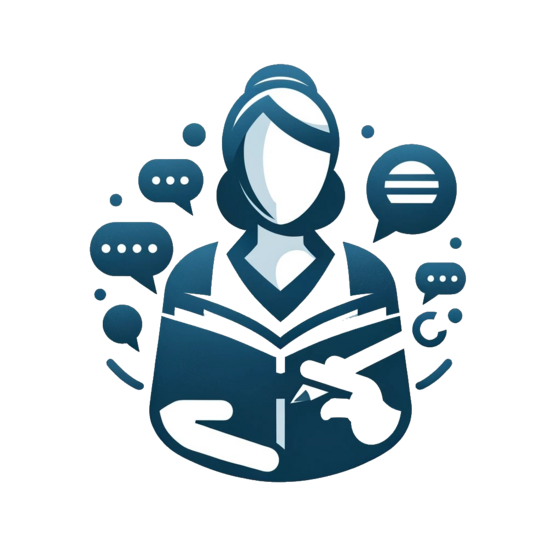
Call for Papers
The Role of Materials Development in Foreign/Second Language Teacher Education
A European Online Conference (MaDe-InTEd)
#MaterialDevelopingTeachers
January 23 & 24, 2025
Keynote: Dr. Freda Mishan (University of Limerick)
Teaching and learning materials (textbooks, worksheets, digital materials, authentic texts) are relevant media in language education in schools.
It has been argued that every language teacher is a materials developer. The development of materials should therefore also be considered a vital part of teacher education programmes since it can become a cornerstone for cultivating a range of essential skills and insights into the interplay of teaching, materials and learning processes. Going through a process of materials development sharpens the understanding of curricular expectations in the shape of specific competences. In the process of choosing suitable texts and formulating tasks with specific rubrics, student teachers learn to tailor content to diverse student needs and levels of ability and thus deepen their pedagogical knowledge. By engaging in the creation of teaching resources, language teachers actively apply theoretical concepts in practical settings, thus enhancing their understanding of instructional procedures and teaching approaches. Furthermore, the task of developing materials encourages creativity and innovation, prompting teachers to devise novel solutions and plan for engaging learning experiences. Towards the end of the design process, critical reflection is promoted in student teachers as they evaluate their textual and task-related decisions and refine rubrics and instructions of their tasks continuously. Even though the benefits of integrating materials development activities into teacher education seem plausible, there is little research that addresses the impact of materials development on teachers’ emerging professional identity. In other words: there is a need to include materials development as a sub-topic in teacher education research.
In order to shed more light on materials development as a research field in teacher education, we would like to invite colleagues to propose papers and provide insights on the following issues or that address one or several of the following questions (among others):
-
How can materials development be used to support teachers in their continuing professional development? Which settings for materials development exist in (university-based) language teacher education (e.g. project-based learning, coursework, modular workshops, entire courses)? Which of these settings have proven to be effective?
-
Which types of materials are particularly relevant for language teacher education? Which types of materials (tasks, digital texts, skills- or system-based activities) should be designed by student teachers in university-based classes?
-
What are theoretical frameworks, principles or models that give direction to the material design process? How do student teachers implement and draw on those theoretical frameworks in the actual design process?
-
Why should pre-service language teachers be involved in materials development? In what way does a materials design experience during teacher training contribute to teachers’ continuing professional development? How can such gains in the professional development of language teachers be captured at all and evaluated?
-
What do we know from student teachers’ perspective about the design experience? How do they reflect on the design experience? How can critical reflection be stimulated in student teachers after completion of the design process? Which research methodologies can shed light on student teachers’ professional development and their ability for reflective practice and critical reflection?
Conference structure & abstract submission
We are planning to host the online conference with 40-minute slots, with 25 minutes for presentations and a maximum of 15 minutes for discussion afterwards. Together with interested colleagues, we would like to develop ways of translating the conference results into publication(s).
Abstracts should include the name(s) of the presenter(s) and institution(s), the title of the talk, a summary of the expected presentation, references, and the email address. Abstracts should not exceed 250 words (excl. references) and can be submitted between July 1, 2024, and September 20, 2024, via email to materials2025[at]uni-wuppertal.de.
Timeline
- Deadline for paper submission: September 20, 2024
- Notification of acceptance: October 18, 2024
- Publication of conference programme: November 4, 2024
- Online Conference: January 23 & 24, 2025
Conference organisation
- Dr. Daniel Becker (University of Münster)
- Dr. Ralf Gießler (University of Wuppertal)
- Prof. David Gerlach (University of Wuppertal)
